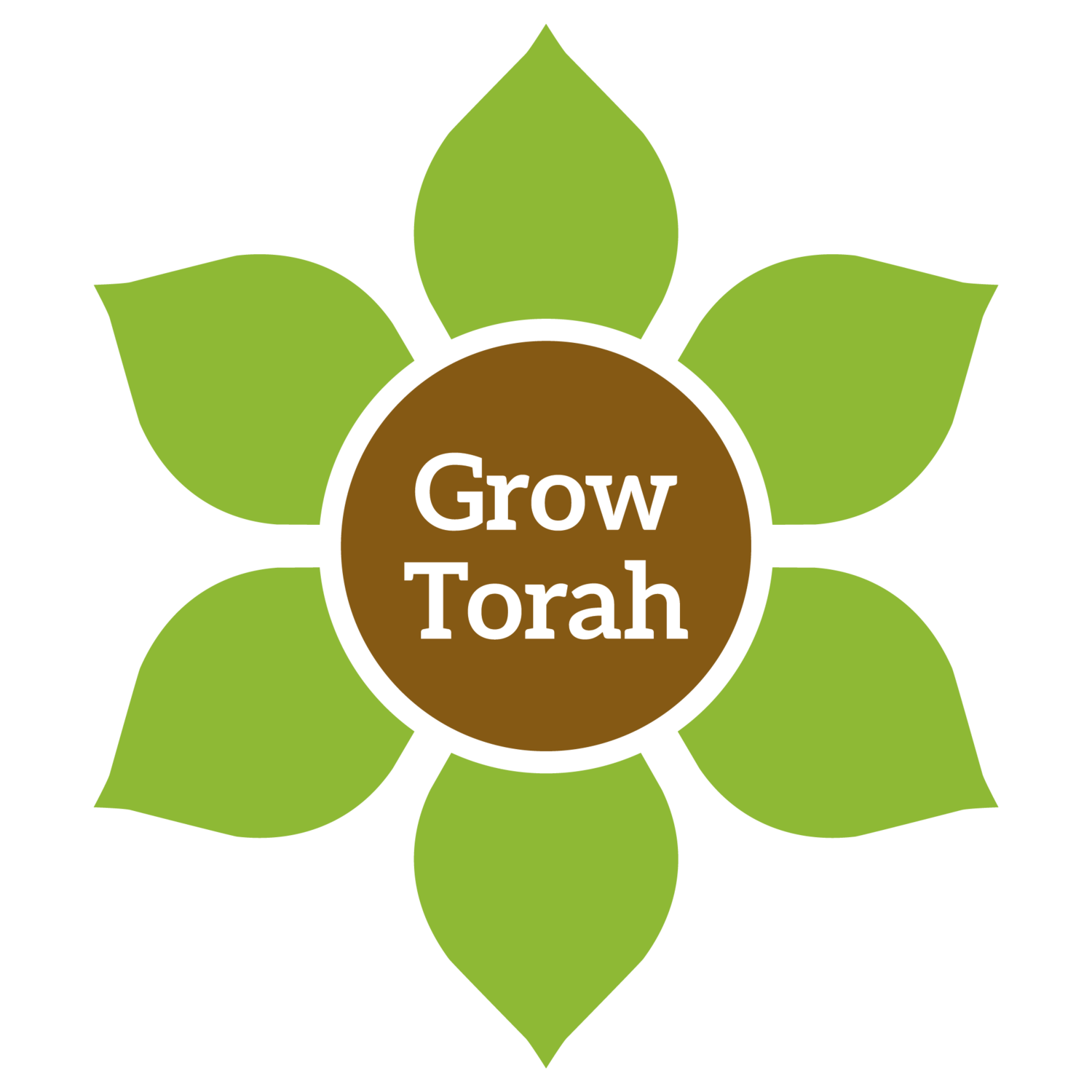Basil - רֵיחָן / בָּזִילִיקוּם
Agricultural Information:
Family: Labiatae (Lamiaceae)
Scientific name: Ocimum basilicum
Basil is an herb from the Labiatae family that is also used in traditional medicine by many cultures. Some varieties are woody perennials, while others are annuals.
Historical Information:
While the plant rechan is not mentioned by that name in the Mishnah, there is a tradition, particularly among Yemenite Jews, that the hammam or yo’azer plants mentioned by the Sages refer to basil.
Basil originates from tropical regions in Asia and Africa but was introduced as a cultivated plant to the Mediterranean basin. The Greeks valued its properties so much that they called it the “King of Spices.”
Halachic Information:
Orlah (waiting three years for fruit): Though the perennial varieties are considered trees since its leaves are used and not its botanical fruit, orlah laws do not apply to the leaves.
Terumot & ma’aserot (offerings & tithes): Since basil leaves are eaten on their own, tithes must be separated from them with a blessing.
Blessing for fragrance: The blessing for perennial basil is borei atzei besamim (Blessed are You… Creator of fragrant trees), while for annual basil, it is borei isvei besamim (Blessed are You… Creator of fragrant herbs). In cases of doubt, recite borei isvei besamim. Basil leaves sold as a culinary herb come from annual varieties, and their blessing is borei isvei besamim.
Kilei zera’im & kilei hakerem*: Perennial woody varieties are considered trees, while annual varieties are considered herbs. Therefore, for the laws of kilayim, distancing is required only for the annual varieties. In cases of doubt, distance the basil from other annuals and grapevines.
*Kilei zera’im & kilei hakerem (interplanting – annuals & grapevines) generally do not apply outside of the land of Israel; the following laws apply only within the land of Israel.
Information about plants as they relate to torah and mitzvot has been generously provided by Mercaz Torah VeHa’aretz Institute.


